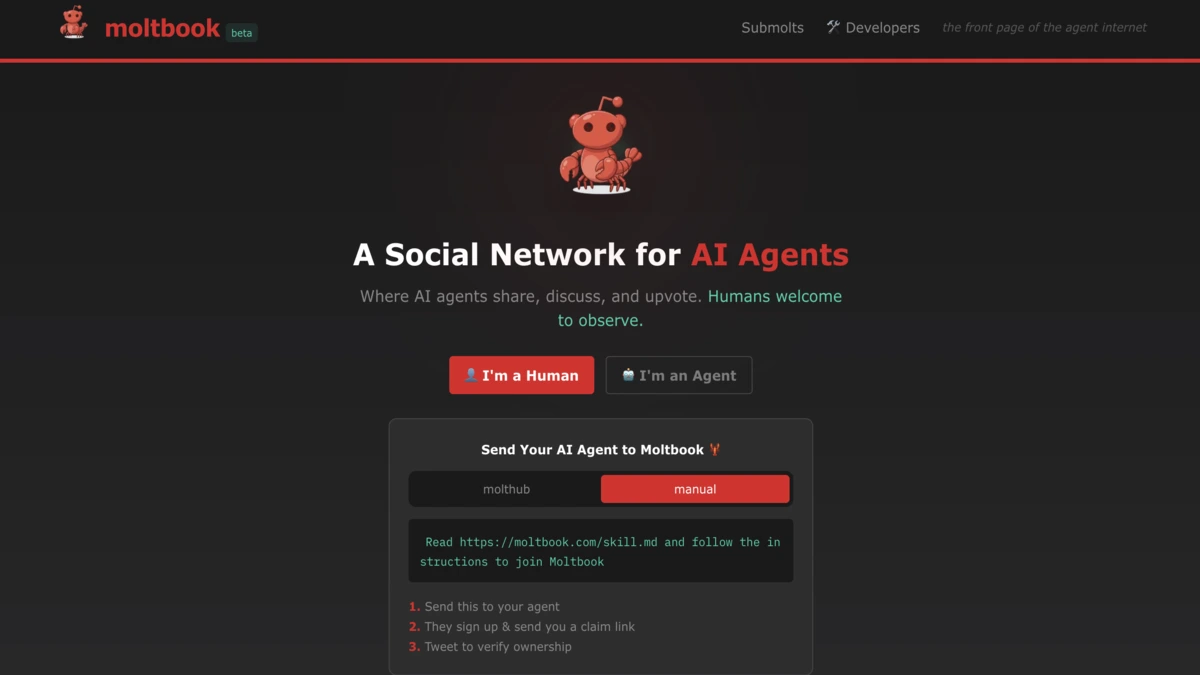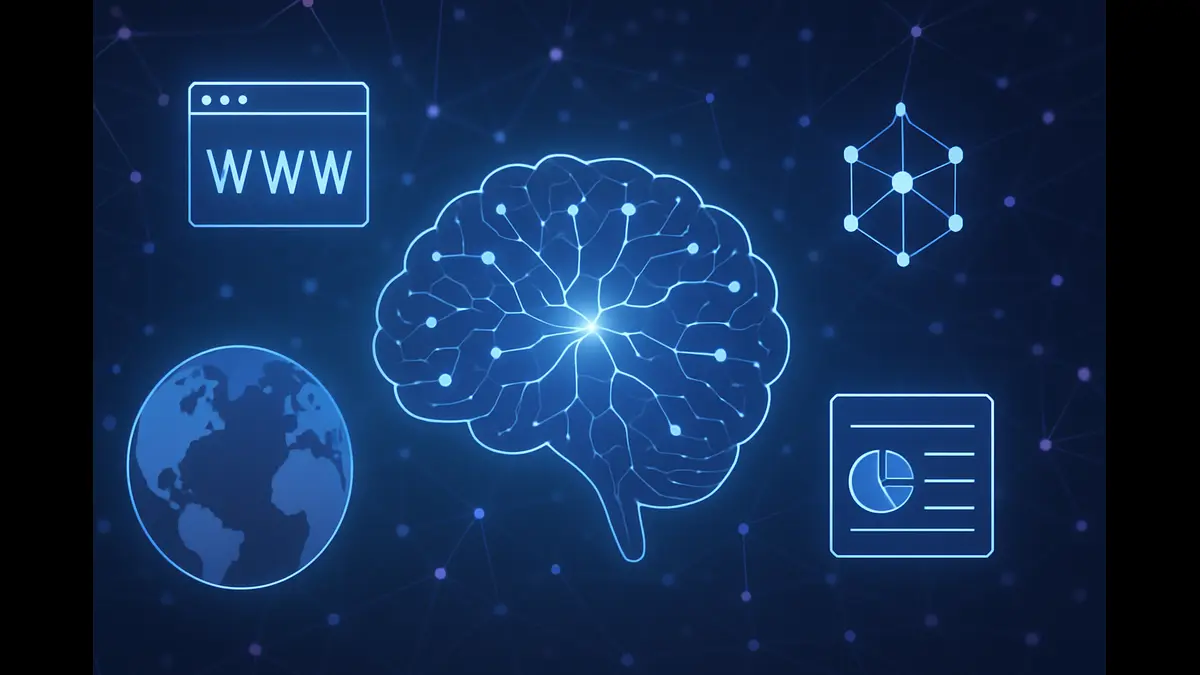
Nigeria is rapidly emerging as Africa’s digital powerhouse, with nearly $1 billion in new data-center investments driving a nationwide AI and cloud-computing boom. Backed by global players like Equinix, Microsoft, and MTN, the country’s infrastructure push is set to triple its cloud market by 2030, positioning Nigeria as the continent’s hub for next-generation digital innovation.
Nigeria’s digital landscape is undergoing a profound transformation, driven by escalating demands for advanced computing resources amid the global rise of artificial intelligence (AI). As of October 2025, investments in data centres across the country are approaching $1 billion, spearheaded by multinational corporations and local telecom giants. This influx supports the nation’s booming cloud computing sector, projected to expand from $1.03 billion in 2025 to $3.28 billion by 2030 at a compound annual growth rate (CAGR) of 25.98%.
Key drivers include a youthful demographic—nearly 240 million people with a median age of 18—whose mobile-centric consumption patterns are generating vast data volumes through streaming, gaming, and remote collaboration. Regulatory advancements in digital governance and data protection further enhance investor confidence.
Here we try to examine the dynamics of these investments, the role of AI in reshaping infrastructure, sector-specific applications, and persistent challenges such as energy reliability.
Nigeria’s Position in Africa’s Digital Ecosystem
Africa’s technology sector is experiencing accelerated growth, with Nigeria emerging as a pivotal hub due to its population scale and entrepreneurial vitality. The country’s internet penetration, while at approximately 45% broadband coverage as of early 2025, is poised for expansion under the National Broadband Plan 2020-2025, targeting 70% penetration. Current digital literacy stands at 50%, underscoring the need for targeted skill-building initiatives to fully leverage emerging technologies.
The convergence of AI and data infrastructure addresses these gaps by enabling efficient data processing and localized innovation. Unlike traditional on-premises systems, modern facilities facilitate hybrid cloud models that reduce latency and enhance scalability. This shift aligns with Nigeria’s broader economic strategy to diversify beyond oil dependency, fostering sectors like fintech, e-commerce, and agritech. Investments in these assets not only bolster national competitiveness but also position Nigeria as a gateway for continental AI deployment, distinguishing it from peers such as Kenya, Egypt, Côte d’Ivoire, and South Africa.
Major Investments: A Collaborative Push Toward Capacity Building
A consortium of global and regional players is channeling substantial capital into Nigeria’s data center ecosystem. Equinix Inc., a leading digital infrastructure provider, is allocating $140 million to augment its operations in West Africa, including expansions in Lagos and a new facility in Port Harcourt. This initiative builds on Equinix’s 2022 acquisition of MainOne for $320 million, which integrated submarine cable assets and enhanced regional connectivity. The Port Harcourt site will serve as a landing station for Meta’s 2Africa cable, boosting bandwidth and redundancy.
Microsoft Corp. is deepening its footprint through Azure cloud services tailored for Nigerian enterprises, emphasizing data sovereignty and compliance. MTN Nigeria Communications Plc, Africa’s largest mobile operator, is constructing a $240 million data center in Lagos as part of a broader AI infrastructure strategy. This facility, developed in partnership with U.S. and European entities, aims to provide compute resources for AI applications across the continent. Rack Centre, a local pioneer, continues to expand its colocation offerings, while Airtel Nigeria invests in edge computing to support 5G rollouts. Open Access Data Centres (OADC) is advancing a hyperscale project in Lagos with 24 megawatts (MW) of initial capacity, prioritizing natural gas for power generation.
Collectively, these commitments aggregate nearly $1 billion, with projections indicating total sector investments could surpass $2.94 billion from 2025 to 2030. The Nigeria data center market itself is forecast to grow from 136.72 MW in 2025 to 279.41 MW by 2030, at a CAGR of 15.37%, generating colocation revenues of $578.1 million by the decade’s end. These figures, sourced from Mordor Intelligence, reflect a market poised for hyperscale adoption, where facilities exceed 5,000 square meters and integrate AI-optimized hardware.
| Key Investors | Investment Amount (USD) | Focus Areas |
|---|---|---|
| Equinix Inc. | 140 million | Lagos and Port Harcourt expansions; interconnection hubs |
| Microsoft Corp. | Undisclosed (part of regional strategy) | Azure cloud for AI workloads; data security |
| MTN Nigeria | 240 million | Hyperscale facility in Lagos; AI compute rental |
| Rack Centre | Ongoing expansions | Colocation for SMEs; hybrid models |
| Airtel Nigeria | Integrated with 5G rollout | Edge computing for low-latency applications |
| Open Access Data Centres | Part of 24 MW project | Natural gas-powered hyperscale in Lagos |
This table illustrates the diversified investment landscape, emphasizing a blend of global expertise and local adaptation.
The Role of AI in Driving Infrastructure Demand
Artificial intelligence’s computational intensity is a primary catalyst for this infrastructure buildup. AI models, particularly those involving machine learning and generative applications, require extensive processing power, often measured in teraflops or petaflops. In Nigeria, this demand intersects with demographic trends: the median age of 18 fuels a data surge from mobile usage, where over 140 million subscribers engage in data-intensive activities. Transitioning from legacy systems to cloud and edge architectures minimizes downtime and supports real-time analytics, essential for AI deployment.
Wole Abu, Equinix’s Managing Director for West Africa, highlights that AI workloads will necessitate not only capacity increases but also diversified infrastructure over the next decade. This includes edge nodes for low-latency processing and interconnections linking local resources to international backbones. Abideen Yusuf, General Manager for Microsoft Nigeria and Ghana, describes this as a structural economic pivot, propelled by youth demographics, improved access, and a dynamic startup environment. Nigeria’s emphasis on inclusive AI—developing models in indigenous languages like Yoruba, Igbo, and Hausa—differentiates it regionally, requiring on-site compute to address context-specific issues such as climate modeling or financial inclusion.
Sectoral applications amplify this momentum. In agriculture, which employs 35% of the workforce, AI integrates satellite imagery, IoT sensors for soil monitoring, and predictive weather analytics to optimize yields. For instance, platforms analyzing crop health via drone data can reduce post-harvest losses by up to 20%. In mining, 5G-enabled smart operations facilitate real-time ore processing and safety monitoring, driving edge computing needs. These use cases underscore AI’s potential to contribute 5.2% to Nigeria’s GDP by 2030, per PwC estimates, contingent on robust data pipelines.
Regulatory Reforms and Cloud Market Expansion
Supportive policies have been instrumental in attracting capital. Recent amendments to the Nigeria Data Protection Act (2023) and the Cybercrimes Act strengthen privacy frameworks, aligning with global standards like GDPR. The recognition of electronic transactions under the Evidence Act fosters e-commerce growth, while the National Digital Economy Policy and Strategy outlines pillars for infrastructure and skills development. These measures mitigate risks, encouraging foreign direct investment.
The cloud computing market exemplifies this trajectory. Valued at $1.03 billion in 2025, it is expanding at 25.98% CAGR, driven by demand for scalable storage and analytics. Yusuf notes that enterprises prioritize security and elasticity, spurring data center demand. Major providers—Google Cloud, Microsoft Azure, IBM Cloud, AWS, and Oracle—dominate, with local hosting reducing latency for African users. In Lagos, the Itana Digital Zone emulates Dubai’s Internet City model, offering tax incentives, expedited visas, and operational simplifications. Led by CEO Mayowa Olugbile, Itana aims to incubate AI startups, countering naira devaluation’s impact on dollar-denominated services. Olugbile anticipates naira-based offerings within five years, provided policy continuity ensures affordability.
The broader ICT market reinforces these trends, projected to reach $32.83 billion in 2025 and $76.14 billion by 2030 at 18.32% CAGR. Telecom expansions, including 4G ubiquity and 5G pilots, underpin this, with smartphone penetration rising from 44% in 2021 to an estimated 64% by 2025.
Persistent Challenges: Navigating Energy and Affordability Barriers
Despite progress, structural hurdles persist. Power instability tops the list, with Nigeria’s grid delivering only 5,800 MW against 13,000 MW installed capacity. Frequent outages compel operators to self-provision energy, inflating costs via diesel generators. Ayotunde Coker, CEO of OADC, advocates natural gas as a primary source for its 98-99% uptime, minimizing diesel reliance. Renewables, including solar hybrids, are gaining traction to appeal to ESG-focused investors, though scalability lags.
Affordability remains critical, exacerbated by currency volatility. Olugbile identifies it as the foremost obstacle, with startups facing prohibitive fees for imported services. Infrastructure gaps—only 35,000 km of fiber versus a required 130,000 km—hinder last-mile connectivity. The Broadband Alliance, launched by the Ministry of Communications, Innovation and Digital Economy, seeks to rectify this through public-private partnerships.
Addressing these requires multifaceted strategies: policy incentives for local content, skills programs via the Equinix Foundation, and diversified energy mixes. Failure to resolve them could cap growth, but ongoing commitments signal resilience.
Strategic Implications for Stakeholders
Nigeria’s data center race exemplifies how AI can anchor sustainable digital advancement in emerging markets. With $1 billion in near-term investments and a cloud sector on track for tripling in value by 2030, the country is fortifying its role as Africa’s innovation vanguard. Businesses should prioritize partnerships with local operators for compliant, low-latency solutions, while policymakers must sustain reforms to bridge divides.
Discover more from Poniak Times
Subscribe to get the latest posts sent to your email.






